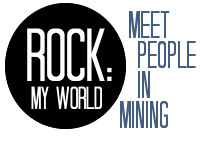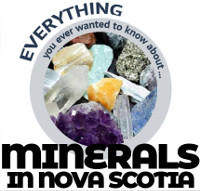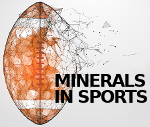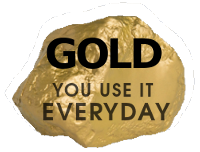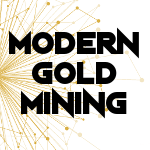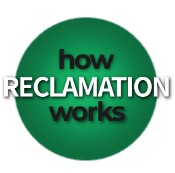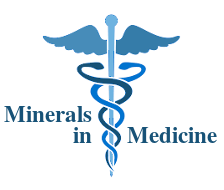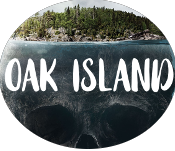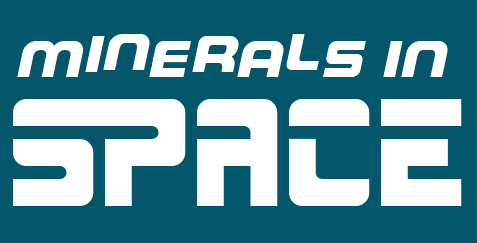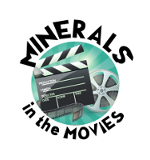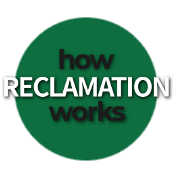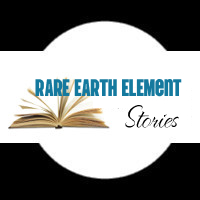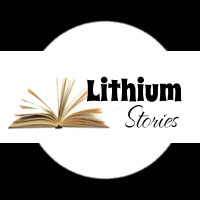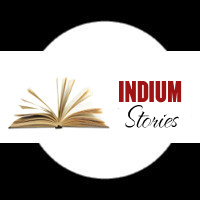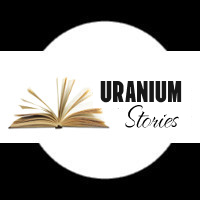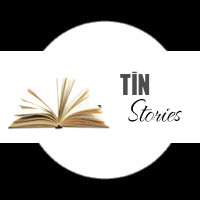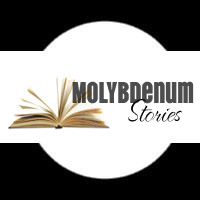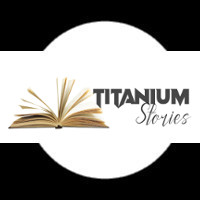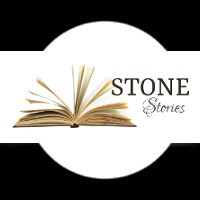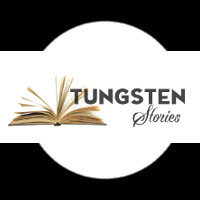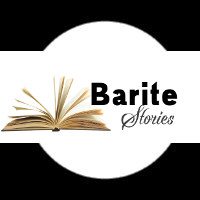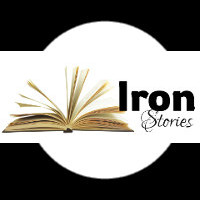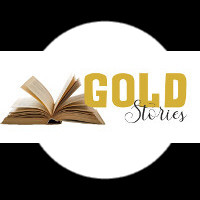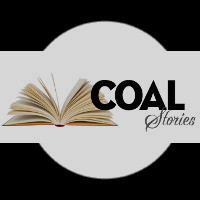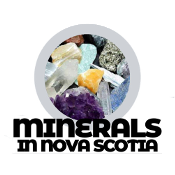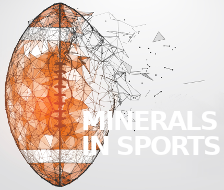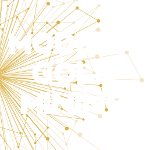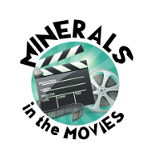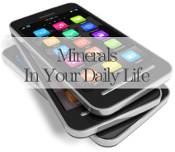- Why Mining Matters
- Jobs
- Safety
- Environment & Operations
- FAQ
- Links
- Fun Stuff

Minerals contribute to your health in many ways.
Here are some examples of minerals and metals in Nova Scotia that play important roles in medicine.
Gold | Coal | Lithium | Salt | Zinc | Copper | Uranium | Titanium | Aggregates
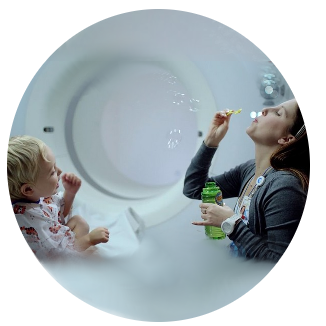
GOLD
Gold is used in dentistry, pacemakers and medical equipment because it doesn't corrode, it's antibacterial and our bodies don't react to it. Gold nanoparticles diagnose and treat cancer and HIV. Gold is in all medical electronics.
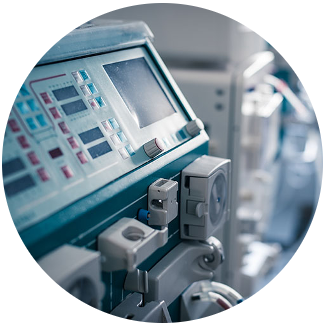
COAL
Besides providing over half the electricity for Nova Scotia hospitals, doctors’ offices and medical equipment, coal, in its activated form, absorbs toxins and purifies air, water and our bodies. It's used in kidney dialysis machines and treats poisonings, overdoses and high cholesterol.
Coal is activated by burning it at high temperatures to make powder. Holes and crevasses in the particles increase their surface area and help them bind with toxins at the molecular level: they absorb toxins so our bodies don't.
For example, in emergency rooms, the powder is mixed with water and patients drink it to treat overdoses and poisonings. The activated coal absorbs the toxins and prevents them being absorbed by the patient's body.
A teaspoon of activated coal has the same surface area as a football field!

LITHIUM
The same stuff that's key to rechargeable batteries also has many medical uses.
Lithium is a treatment for mental health, diabetes, arthritis, blood disorders, headaches, alcoholism and epilepsy. It also filters CO2 from spacecraft and submarines!

SALT
Salt is key to good health. It's needed to transmit nerve impulses, contract and relax muscle fibers (including in your heart and blood vessels), and maintain proper fluid balance.
An adult body contains about 250 grams of salt and any excess is naturally excreted (ya know, in the bathroom…).
ZINC
Zinc is an essential mineral for human health. It is the second most abundant metal in the body, after iron. Zinc, from foods like lean meat and seafood, helps your immune system fight off invading bacteria and viruses, is important for white blood cell formation, egg fertilization, cell division, and a host of other enzymatic reactions.
Zinc supplements, made from mined zinc, save hundreds of thousands of lives each year. Nearly a third of the world’s population suffers from zinc-related malnutrition so mining companies and UNICEF work together to provide millions of zinc supplements to children in places like Africa.

COPPER
Copper’s antimicrobial properties help reduce the spread of bacteria and infections. It's often used on doorknobs and handrails in public buildings and on bed rails and call buttons in hospitals.
Copper is also an essential nutrient for your body.

URANIUM
Uranium is vital to protecting your health. Radioisotopes derived from uranium are used for research, diagnosis and treatment of illnesses such as cancer. Half of Nova Scotians experience the benefits of nuclear medicine in their lifetime.

TITANIUM
Titanium's strength, light weight and biocompatability - it’s strong as steel but 45% lighter, and our bodies don't react negatively to it - making it useful in prosthetics, heart valves, pacemakers, joint replacements. tooth implants, hearing aids and spinal fusion cages.
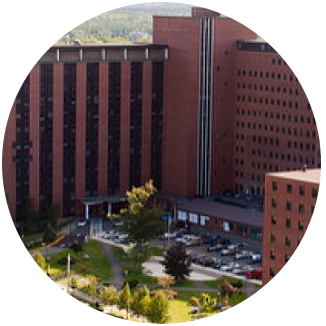
AGGREGATES
Building a hospital requires thousands of tons of aggregate (quarried locally to reduce transpiration costs!).
Gypsum is in the drywall and it’s a key part of plaster so it's also in orthopedic casts.
Limestone is an abrasive in your toothpaste that cleans off plaque. Oral health is important too!



